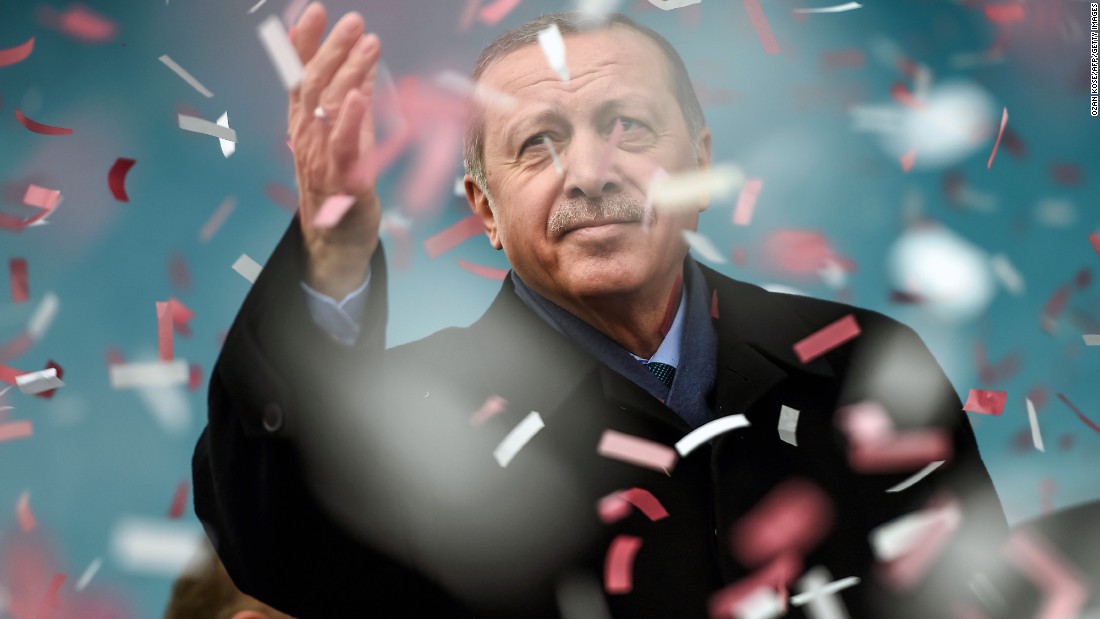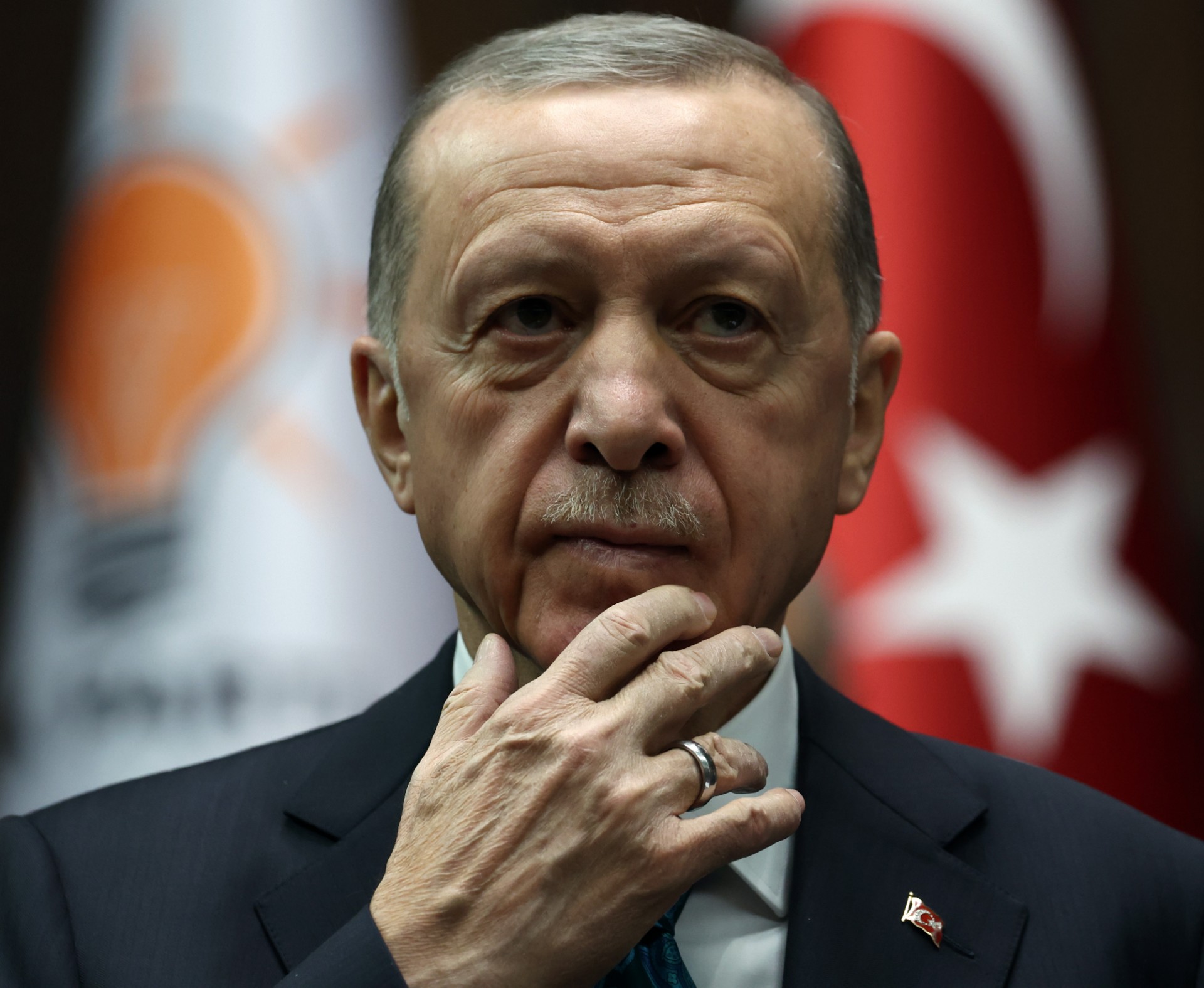When you talk about modern Turkey, one name inevitably comes up—Erdogan. Love him or hate him, the man has been a driving force behind Turkey’s transformation over the past two decades. As the longest-serving leader in the country, Erdogan’s influence extends far beyond politics, touching almost every aspect of Turkish society. So, buckle up, because we’re diving deep into the world of Erdogan, exploring his rise, controversies, and legacy.
Let’s face it, Erdogan’s story isn’t just about politics. It’s a tale of ambition, resilience, and controversy. From his humble beginnings to becoming one of the most powerful figures in the Middle East, his journey is nothing short of remarkable. But with great power comes great scrutiny, and Erdogan hasn’t shied away from it. Whether you’re a fan or not, understanding Erdogan means understanding Turkey—and the broader geopolitical landscape.
Now, before we dive into the nitty-gritty, let’s set the stage. Erdogan’s leadership has sparked both admiration and criticism. Supporters see him as a visionary who revitalized Turkey’s economy and global standing, while detractors accuse him of authoritarianism and eroding democratic institutions. But hey, that’s the beauty of politics—there’s always more than one side to the story.
Read also:Murdoch Criticizes Wsj Over Article A Deep Dive Into The Controversy
Who Is Erdogan? A Quick Bio
Let’s start with the basics. Recep Tayyip Erdogan was born on February 26, 1954, in Rize, a small coastal town on the Black Sea. Raised in a modest family, Erdogan’s early life was marked by hard work and determination. He studied at a religious high school before earning a degree in business administration from Marmara University. But it wasn’t just academics that shaped him; his early exposure to politics through the National Salvation Party (MSP) played a crucial role in his career trajectory.
Early Career and Political Awakening
Before becoming a household name, Erdogan worked as a football manager and later entered politics in the 1980s. His big break came when he was elected mayor of Istanbul in 1994. During his tenure, he focused on improving public services, infrastructure, and urban development. But things weren’t all smooth sailing. In 1998, he was convicted of reciting a poem deemed inflammatory and served four months in prison. This period, however, only strengthened his resolve and turned him into a symbol of resistance.
Erdogan’s Rise to Power
The year 2001 marked a turning point in Erdogan’s career. He co-founded the Justice and Development Party (AKP), which quickly gained popularity due to its pro-business and socially conservative platform. In 2003, Erdogan became Prime Minister, a position he held for three terms. His leadership brought significant economic growth, reducing poverty and unemployment while attracting foreign investment. But as they say, with success comes challenges.
Key Achievements in Office
- Boosted Turkey’s GDP from $230 billion in 2002 to over $850 billion in 2022.
- Implemented major infrastructure projects, including highways, airports, and bridges.
- Improved healthcare and education systems, making them more accessible to the public.
- Strengthened Turkey’s position in international affairs, particularly in the Middle East and Europe.
Controversies Surrounding Erdogan
No discussion about Erdogan would be complete without mentioning the controversies. Critics often accuse him of undermining democracy, suppressing freedom of speech, and consolidating power. The 2016 coup attempt further polarized opinions, leading to widespread crackdowns on opposition voices. While supporters argue these measures were necessary to stabilize the country, opponents see them as authoritarian overreach.
Freedom of Speech and Media
One of the biggest criticisms against Erdogan is his handling of the media. Many journalists have been arrested, and several outlets have been shut down under his administration. According to Reporters Without Borders, Turkey ranks poorly in press freedom rankings. However, Erdogan’s supporters argue that the media often spreads misinformation, justifying the need for regulation.
Erdogan’s Impact on the Economy
When it comes to economics, Erdogan’s record is a mixed bag. On one hand, he’s credited with transforming Turkey into one of the fastest-growing economies in the world. On the other hand, recent years have seen rising inflation and currency devaluation. His unorthodox approach to monetary policy, including opposing interest rate hikes, has drawn criticism from economists. Yet, his economic policies remain popular among the working class, who benefit from subsidies and public spending.
Read also:Tesla Defaced With Swastika Shocks Owner The Incident That Sparked Global Outrage
Challenges Facing the Turkish Economy
- Rising inflation rates, which hit a staggering 85% in 2022.
- Depreciation of the Turkish lira, making imports more expensive.
- High unemployment, particularly among youth and women.
- Reliance on foreign investment to sustain economic growth.
Erdogan’s Foreign Policy
On the global stage, Erdogan has positioned Turkey as a key player in regional and international politics. His foreign policy is often described as assertive, with a focus on expanding Turkey’s influence in the Middle East, the Balkans, and North Africa. However, this approach has sometimes led to tensions with Western allies, particularly the United States and European Union.
Relationship with the West
Turkey’s relationship with NATO and the EU has been strained under Erdogan’s leadership. Issues like human rights, migration, and arms procurement have caused friction. Despite this, Turkey remains a crucial partner for the West, especially in combating terrorism and managing refugee flows. Balancing these relationships is no easy feat, but Erdogan has managed to maintain Turkey’s strategic importance.
Erdogan’s Popularity Among Turks
Love him or hate him, Erdogan commands a significant following in Turkey. His appeal lies in his ability to connect with ordinary citizens, promising economic stability and social justice. Many Turks view him as a leader who understands their struggles and aspirations. However, his popularity has faced challenges, particularly among younger generations and urban dwellers who prioritize democratic reforms.
Factors Influencing Erdogan’s Support
- Economic policies that benefit low-income families.
- Religious conservatism resonating with traditional voters.
- Strong leadership during crises, such as the 2016 coup attempt.
- Investments in infrastructure and public services.
Erdogan’s Vision for Turkey
Looking ahead, Erdogan envisions Turkey as a global power by 2023, the centennial of the Turkish Republic. His vision includes achieving economic independence, strengthening national identity, and enhancing Turkey’s role in international affairs. While ambitious, these goals face numerous challenges, including economic instability and geopolitical tensions.
Challenges to Erdogan’s Vision
- Addressing economic issues like inflation and currency devaluation.
- Rebuilding trust with Western allies while maintaining regional influence.
- Reforming democratic institutions to meet international standards.
- Balancing domestic and international priorities in an increasingly complex world.
What the Future Holds for Erdogan
As Erdogan continues to shape Turkey’s future, the world watches with keen interest. His leadership has transformed the country in profound ways, but the road ahead is far from easy. With upcoming elections and ongoing challenges, the next chapter of Erdogan’s story remains uncertain. One thing is for sure—Erdogan’s impact on Turkey will be felt for generations to come.
Final Thoughts
So, there you have it—the Erdogan story in a nutshell. Whether you see him as a visionary leader or an authoritarian figure, his influence on modern Turkey is undeniable. As we’ve explored, Erdogan’s journey is filled with achievements, controversies, and challenges. But at the end of the day, understanding Erdogan means understanding the complexities of modern Turkey.
Now, here’s where you come in. Got thoughts on Erdogan’s leadership? Feel free to drop a comment below and let’s keep the conversation going. And if you enjoyed this deep dive, don’t forget to share it with your friends. After all, knowledge is power—and power is what Erdogan knows best!
Table of Contents


